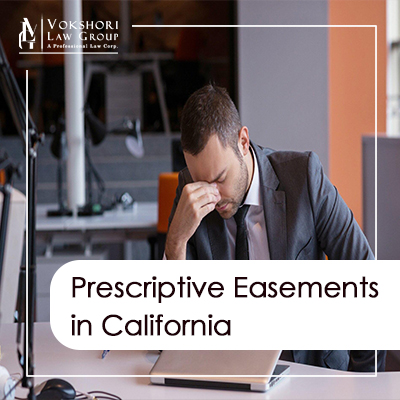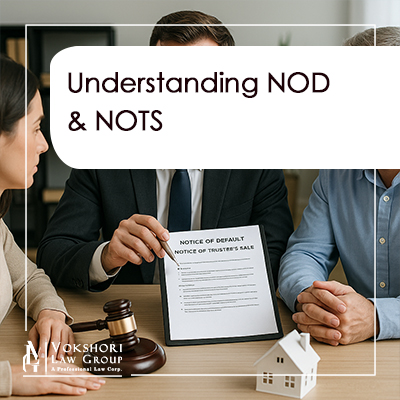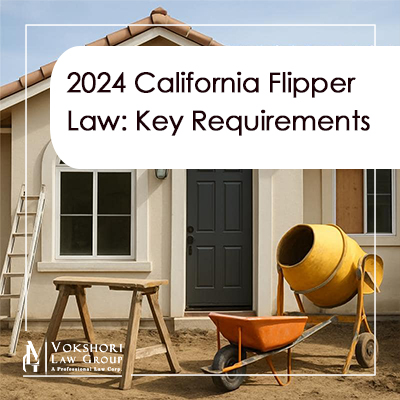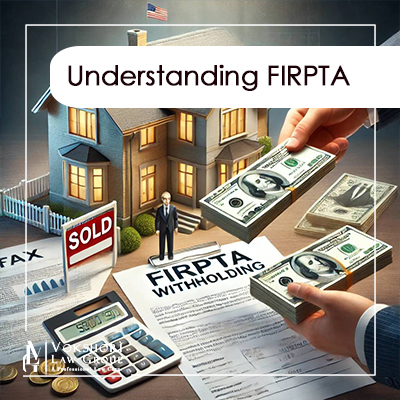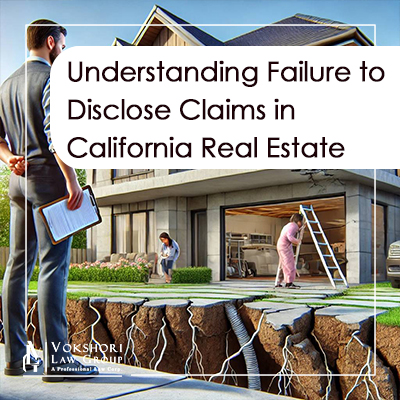
Buying or building a home is one of the biggest investments most people ever make. When serious problems like structural cracking, water intrusion, or foundation movement appear years later, homeowners are often left wondering whether they still have any legal protection. In California, the answer may lie in what’s commonly called the 10-Year Builder Warranty, a powerful but often misunderstood legal protection for construction defects.
California law provides a statutory 10-year period during which homeowners may pursue claims for certain serious construction defects. However, this protection comes with strict rules, firm deadlines, and no room for delay. Understanding how the law works can make the difference between preserving your rights and losing them permanently.
What is California’s 10-Year Builder Warranty?
California’s 10-year builder warranty comes from Code of Civil Procedure …
Posted In:

